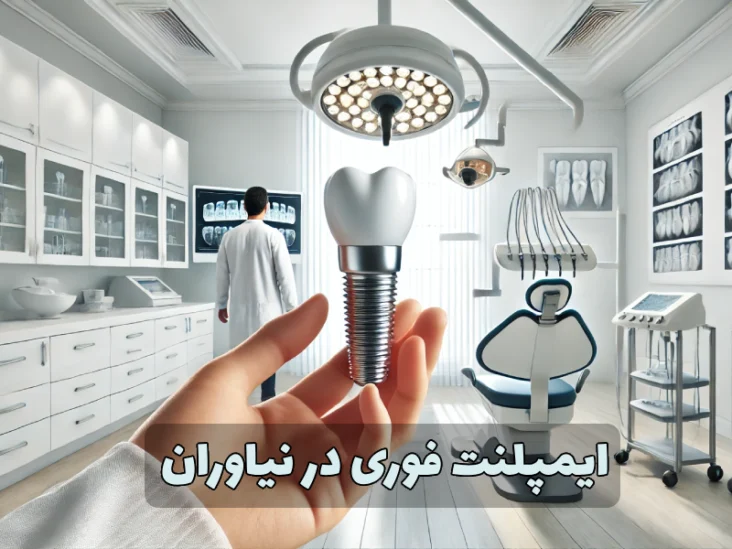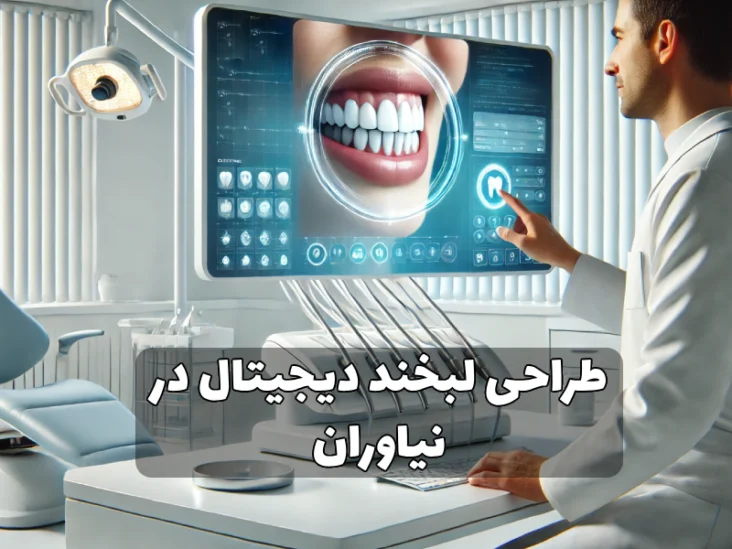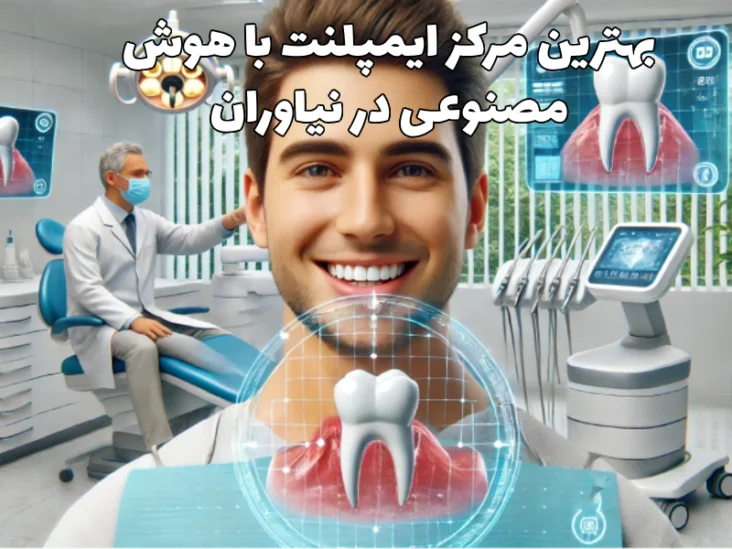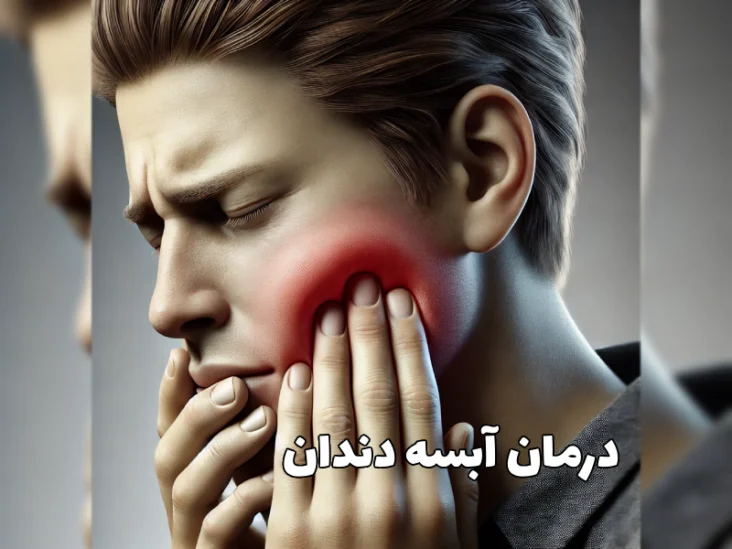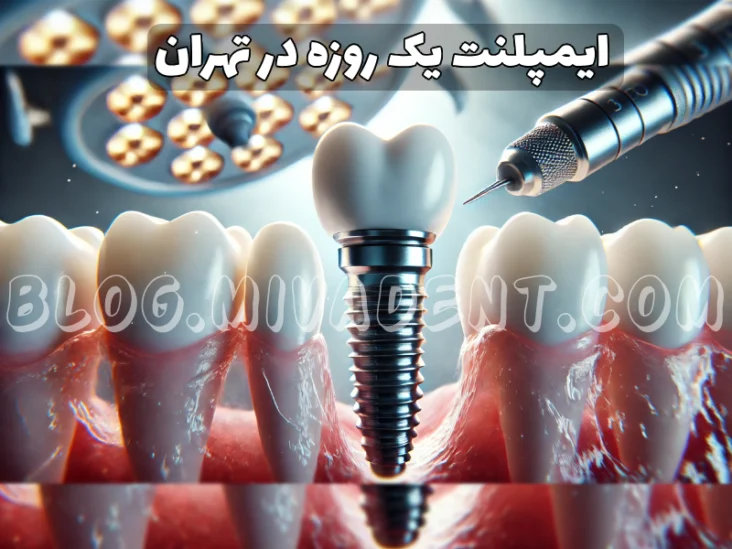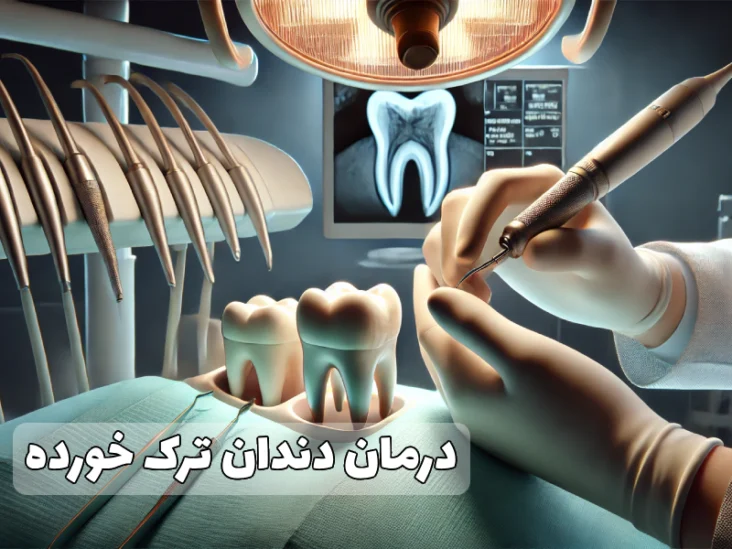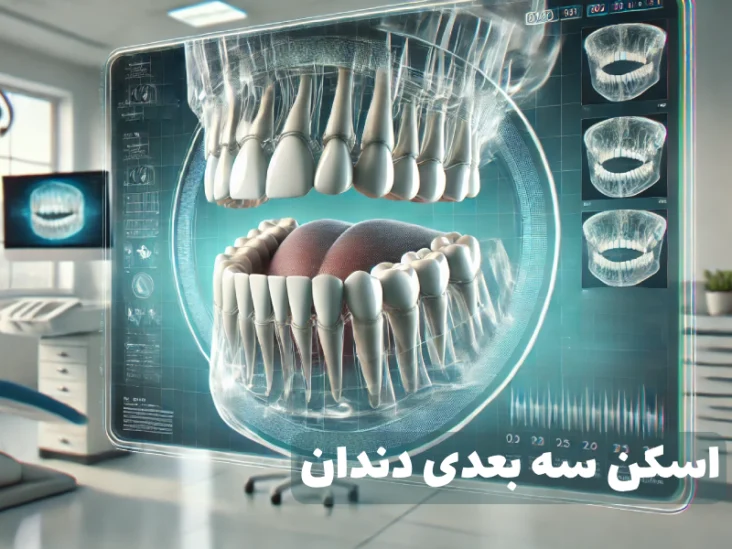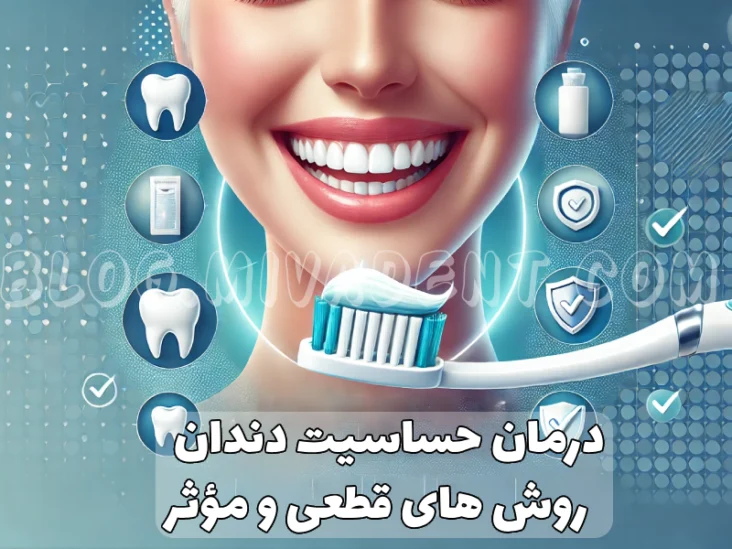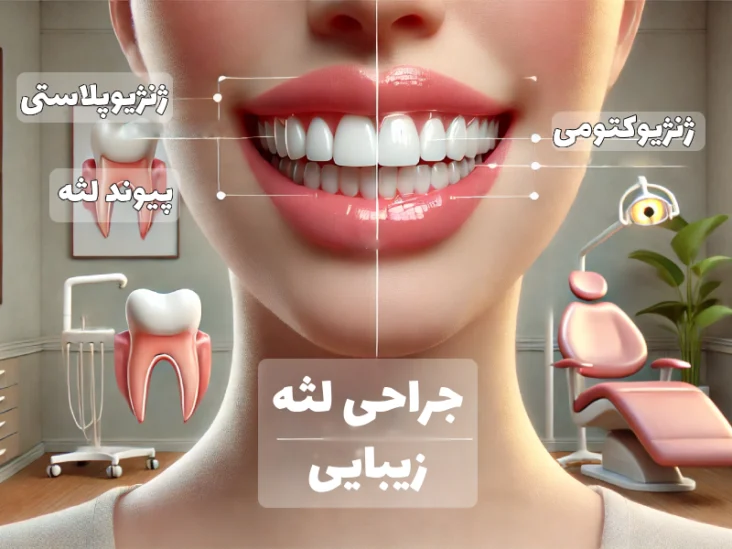درمان لثه با لیزر در کلینیک میوادنت | بدون درد و خونریزی
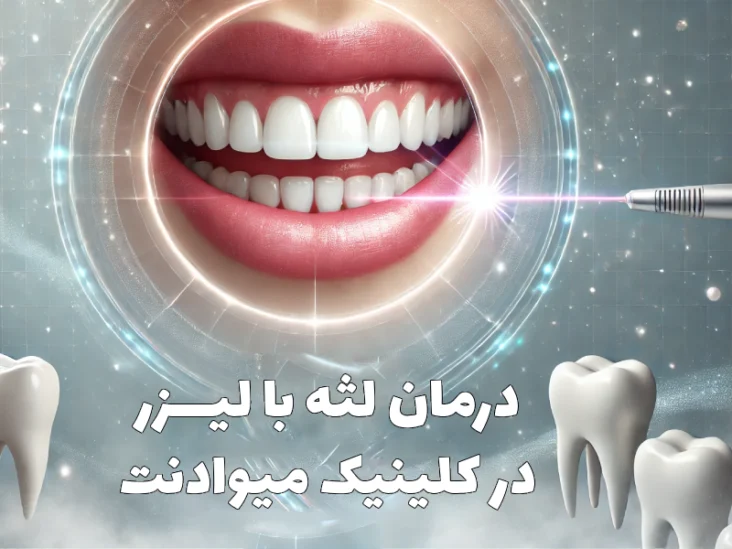
Reading time: 4 Minutesبه دنبال روشی نوین و کمتهاجمی برای درمان بیماریهای لثه خود هستید؟ درمان لثه با لیزر راه حلی ایدهآل برای شماست. این روش پیشرفته، با استفاده از پرتوهای قدرتمند لیزر، بافتهای آسیبدیده لثه را با دقت و ظرافت بالا ترمیم میکند و به شما لبخندی سالم و زیبا هدیه میدهد. در کلینیک دندانپزشکی میوادنت، با بهرهگیری […]
Read More →
